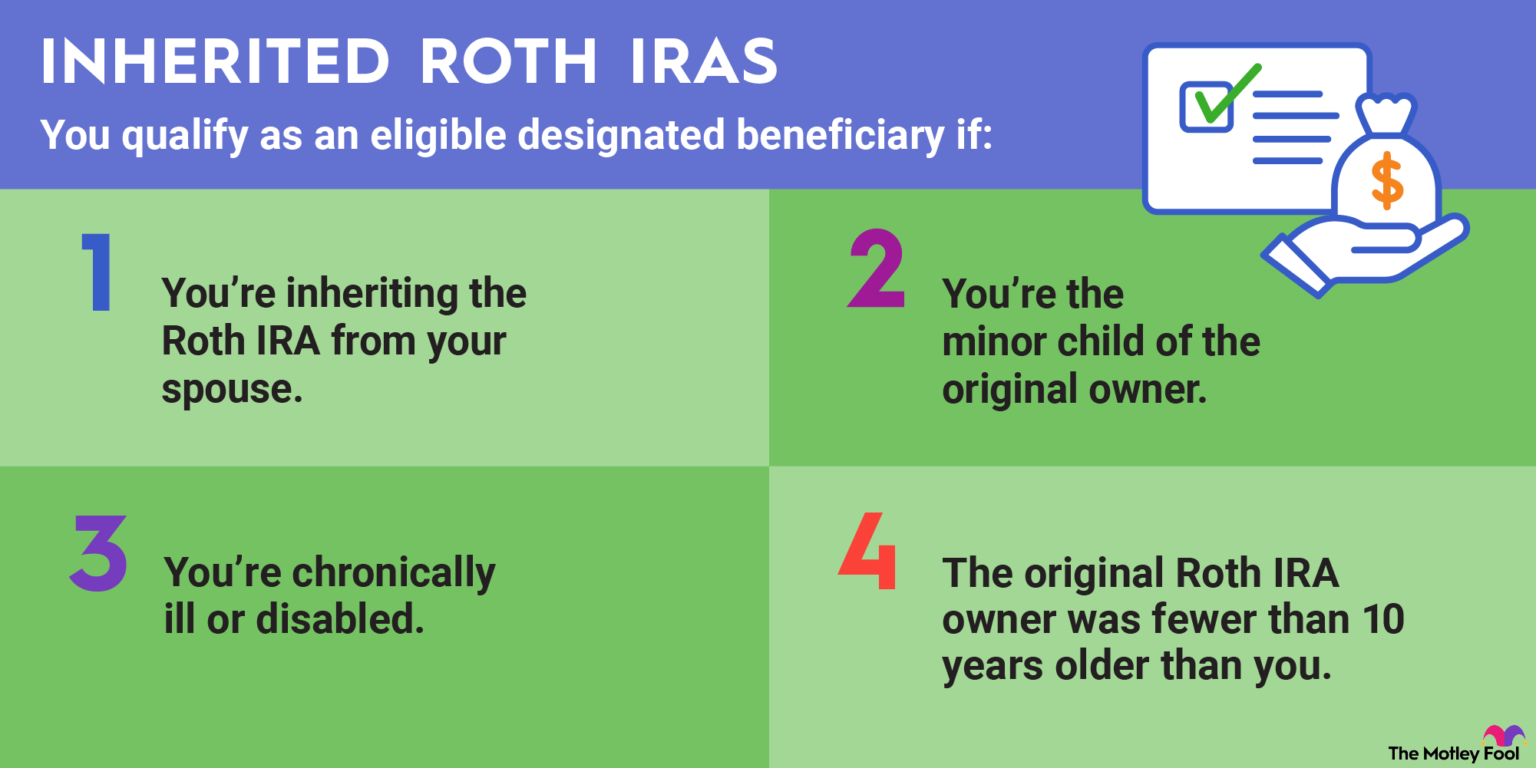When people joke about not being able to retire, they may not be kidding. Less than half of
American households have been able to put any money into retirement savings. Perhaps the two most well-known and effective ways to retire are with a 401(k) or Roth IRA. These allow you to add tax-advantaged contributions to an individual retirement account that gathers interest. But if you want to transfer from a 401(k) to a Roth IRA, can you do that? You can, but first, you’ll need a Roth conversion calculator. Today, we discuss three things you should know about it.
1. A Roth Conversion Calculator Includes Taxes
The main difference between a 401(k) and a Roth IRA is the tax advantage. With a 401(k), you agree
to pay taxes only when you take the money out. So, the money you put into a 401(k) does not get
taxed until you reach retirement age. A Roth IRA takes a different approach. The money you put in has already been taxed, so no further taxation will happen. You won’t get blindsided by a hefty tax bill for Roth IRA withdrawals later. The problem arises when you transfer money from a 401(k) to a Roth IRA. In order to do so, you will need to pay taxes on all your 401(k) contributions thus far. The Roth conversion calculator accounts for this.
2. It Doesn’t Factor in Future Tax Rates
Tax rates and Roth IRA withdrawal regulations change on a fairly frequent basis. Your tax burden
today obviously won’t be the same as it will be 10 to 20 years down the road. This is what makes the Roth IRA appealing. If you think your current tax burden is lower than it will ever be, then it’s best to pay taxes on contributions now. Of course, a calculator cannot predict the future. Don’t expect a Roth conversion calculator to determine how much you might have saved or lost in an IRA account.
3. Income Limits Aren’t a Concern
Everyone knows that you can only contribute so much to retirement savings every year. Going over
that amount is against the rules, and could result in penalties. Plus, everyone’s Roth IRA
contributions are different depending on their income. Curiously, income limits are a non-factor when transferring from a 401(k) to a Roth IRA. This creates a loophole known as a backdoor Roth IRA. The concept can be a bit difficult to grasp, but the short story is this. Roth conversions can go over the income limit, allowing you to contribute above your income and contribution limits. So, at least for a 401(k) conversion, you can go over contribution limits for a single year.
Save for Retirement Today
A Roth conversion calculator helps you move your retirement funds from a 401(k) to a Roth IRA
savings account. It’s a useful tool to understand what taxes you must pay,
though it can’t predict future tax rates. The best part of the conversion is that your 401(k)
transfer allows you to ignore the income limit for a single year.
Follow our blog for more great articles.

